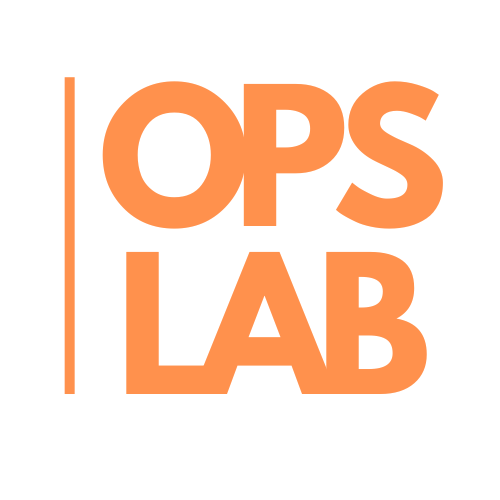A familiar scenario: Your business is expanding at a rapid rate. You’ve got clients lining up, new team members coming on board, and suppliers taking orders. Your Slack pings incessantly with questions you’ve answered many times before: “How do I send this invoice?” or “Can you walk me through the product delivery process again?”
As a business owner, the thrill of growth can quickly be overshadowed by the chaos that accompanies it. Being “busy” feels like you’re doing something, but when you look back at your month, you realize you were spinning your wheels in place.
Are you running your business, or is it running you?
In order to address this, let’s talk about systems and documentation of core processes. Systematizing will ensure that the business does not depend on just you! It will also make your business more cost-effective, predictable, and time-efficient by eliminating bottlenecks. Great systems will allow you to buy back your time in the long run and create freedom for you and your team.
Now, I’m not telling you to go and write hundreds of pages of training manuals and standard operating procedures. We all know that people don’t read instructions or pay attention when presented with long, complex, or intricate details. This includes your team, clients, stakeholders, investors, and yes—even you. None of us are keen on spending time sifting through pages and pages of documentation when it’s avoidable.
Instead, I am sharing some tips below on what to keep in mind when crafting your business processes and documentation.
Tips to keep in mind when creating systems
1. Start with a Flowchart: Before diving into written (or recorded) instructions, visualize your process using a flowchart. Map out the process including the steps, the decisions involved, who is accountable for it, and define what success looks like. This not only helps in simplifying the steps but also makes it more comprehensible for anyone glancing at it. Online tools like Lucidchart or Miro are great for this.
*Give me a shout if you want some feedback on your flowchart draft!
2. Involve Your Team: Those who will actually execute the process are the best people to help in simplifying it. Get their feedback. Often, they’ll spot mistakes or complexities you may overlook.
3. Limit Steps: If a process has more than 7-10 steps, it’s possibly too complex. Try to condense, combine, or cut steps where possible without sacrificing necessary information.
4. Use Plain Language: Avoid jargon. Your processes should be clear enough that someone with basic knowledge of the business can understand.
5. Regularly Review and Refine: As your business evolves, so should your processes. Build process review into your company DNA and make it a part of the culture. Schedule a regular review, I recommend quarterly or bi-annually, to ensure they remain simple and effective.
6. Use Templates: For repeated tasks, templates are lifesavers. Whether it’s an email, proposal, or invoice, templates save time and ensure a consistent, straightforward approach.
Tip: make sure sharing a template folder is part of your onboarding plan for new hires!
7. Provide Training: Once you’ve simplified your processes, invest in training. A little time spent upfront can save countless hours down the road. Consider creating short videos for complex tasks. Tools like Loom make this easy.
8. Make it a Live Document: Don’t wait for your bi-annual process review to make changes. Make sure you can adapt and change processes as circumstances in the business change.
9. Seek External Input: Sometimes, an outsider’s perspective can be enlightening. Consider hiring a consultant (*wink wink*) or seeking advice from peers in different industries to get fresh insights on streamlining your processes.
10. Celebrate Successes: When you see your streamlined processes yielding results, celebrate! It reinforces the importance of keeping things simple and encourages continuous refinement. This will also help build processes into your company culture!
When it comes to systematization and documentation Less is often More. It may take a little more thought upfront, but once you streamline your workflows and document process it will save you an immense amount of time. In the world of ever-increasing complexities, being able to simplify means you move faster, reduce errors, and scale with greater ease.
Embrace Process, and watch your business thrive.

